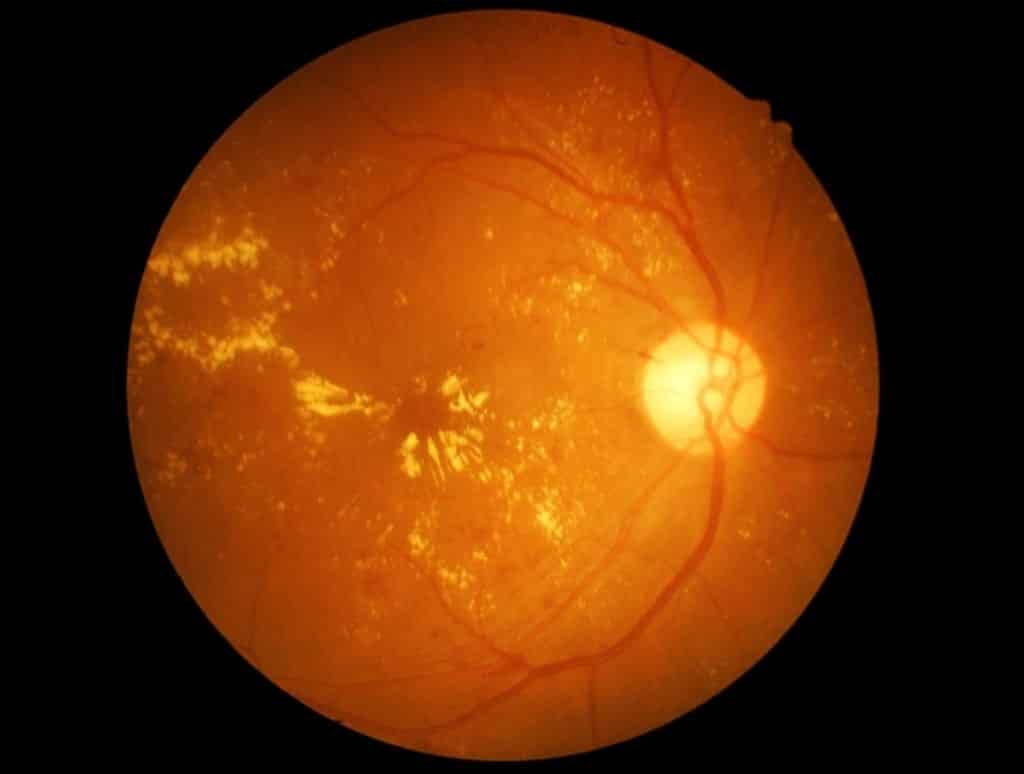Newsletter Signup - Under Article / In Page
"*" indicates required fields
A sustained release drug that can help people with age-related macular degeneration (AMD) has been given a global license agreement.
DelSiTech and Iveric Bio have announced the agreement so Iveric Bio can develop and commercialize new formulations of drug Zimura (avacincaptad pegol) using DelSiTech’s silica-based sustained release technology.
As part of Iveric Bio’s lifecycle expansion plan for Zimura, the company says it is committed to developing sustained release technologies for the treatment of AMD. These technologies potentially could address patients being treated for geographic atrophy (GA) secondary to dry AMD and intermediate AMD.
Sustained release
Pravin Dugel, president of Iveric Bio: “We are thrilled to collaborate with the DelSiTech team on investigating additional sustained release formulations for Zimura with their drug delivery expertise and advanced technology and look forward to evaluating a sustained release formulation in GA and potentially earlier stages of AMD.
“Previously reported post-hoc analyses from GATHER1 suggest that Zimura may have the potential to impact AMD in preliminary stages before atrophy occurs in patients. We believe Zimura, which is a chemically synthesized RNA aptamer, is amendable to injectable sustained release formulations.”
Lasse Leino, chief executive officer of DelSiTech: “As a leading developer of long-acting controlled release formulations for small molecules and biological entities, we are excited about collaborating with Iveric Bio on bringing innovative solutions to patients living with AMD. We are inspired by the opportunity to leverage our drug delivery technology to potentially help AMD patients early and improve their treatment experience.”
License agreement
Under the terms of the license agreement, Iveric Bio will pay DelSiTech an upfront payment of €1,250,000, as well as development and commercial milestones and royalties on net sales of licensed products.
Glenn Sblendorio, chief executive officer of Iveric Bio: “This agreement underscores our commitment to invest in lifecycle initiatives for Zimura. We are excited about the possibilities to expand Zimura into earlier stages of AMD and potentially allow for a next-generation treatment to help patients with GA.”
In addition to working with DelSiTech, Iveric Bio plans to explore the potential for Zimura in earlier stages of AMD by initiating a clinical trial studying the current formulation of Zimura in patients with intermediate AMD in the fourth quarter of 2022. The development strategy in this indication is subject to global regulatory feedback from the FDA and other regulatory authorities, which we plan to obtain before initiating this trial.
Promising alliance
Frederic Dargelas, head of business development and alliance management said: “We are proud to bring our competencies into this promising alliance and contribute to Iveric Bio’s mission to address unmet needs for patients.”
Iveric Bio previously announced that in GATHER1, the company’s first phase 3 clinical trial for Zimura (avacincaptad pegol) for GA, met its pre-specified primary efficacy endpoint with statistical significance.
The most frequently reported ocular adverse events in this trial were related to the injection procedure.
Clinical trial
The Company expects topline data for GATHER2, a second phase 3 clinical trial for Zimura for GA, to be available in the third quarter of this year, approximately one year after the enrollment of the last patient in the trial plus the time needed for database lock and analysis.
Zimura (avacincaptad pegol) is an investigational drug product and has not been approved for use anywhere globally. Zimura is designed to target and inhibit the cleavage of complement protein C5 and the formation of its downstream fragments, C5a and C5b.
By inhibiting the formation of these fragments, Zimura is believed to decrease or slow the chronic inflammation and cell death associated with the retinal aging process by decreasing the formation of membrane attack complex (MAC) and inflammasome activity, thereby potentially avoiding or slowing the degeneration of retinal pigment epithelial cells. This potential mechanism is the rationale for Zimura as a potential therapy for GA and earlier stages of AMD.






